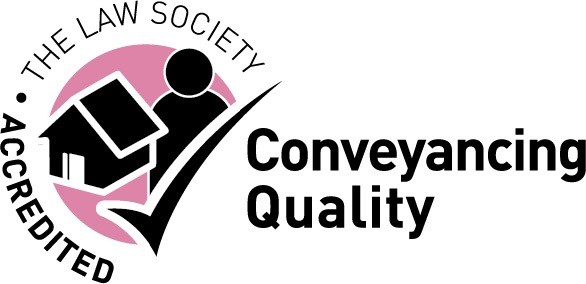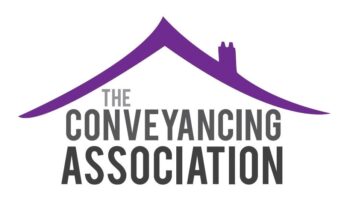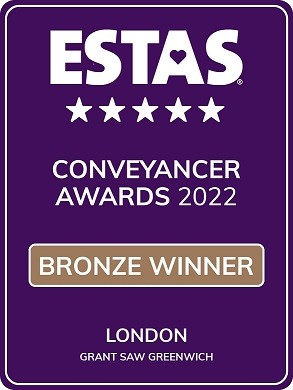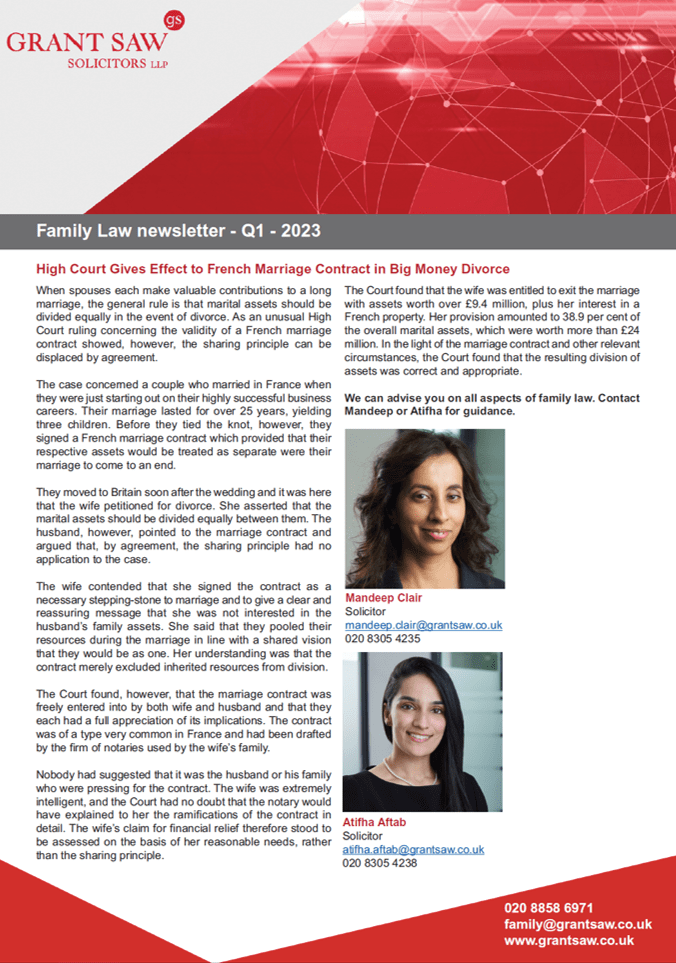Why would someone require lease extension solicitors?
Homeowners seeking to extend the lease on their home or investment property often require the expertise of lease extension solicitors. Extending a lease can significantly enhance the value of a property, especially if done before the lease drops below 80 years remaining. At this point, a “marriage value” premium may be imposed by the landlord, leading to higher costs for the extension. Lease extension solicitors can navigate the complexities of this process, ensuring homeowners achieve the best possible outcome.
How does the process work/what are the steps with lease extension solicitors?
To be eligible for a residential lease extension, a tenant must have owned the property for at least two years, and the original lease must have been granted for a minimum of 21 years. The process, guided by lease extension solicitors, involves obtaining a formal property valuation from an experienced surveyor, followed by serving an Initial Notice on the landlord, proposing a price for the lease extension. If the landlord disagrees with the proposed price, negotiations ensue, potentially leading to a decision by the First Tier Tribunal (Property Chamber) if an agreement cannot be reached.
Is it expensive?
The cost of engaging lease extension solicitors varies based on the complexity of the lease extension and whether the process is amicable or requires statutory procedures, including tribunal involvement. In addition to their own legal and surveying fees, tenants are responsible for covering the landlord’s related costs, though not the landlord’s tribunal fees.
Why are Grant Saw’s lease extension solicitors the best for the job?
Grant Saw’s residential property team, comprising experienced lease extension legal experts, has a successful track record of acting for both landlords and tenants in lease extension matters. Our comprehensive service includes negotiation and, if necessary, litigation support through our in-house litigation department for tribunal cases. Our expertise ensures a smooth and effective lease extension process, tailored to each client’s specific needs.
For more information, please email us or leave your details here and we will call you at a time that suits you.
- https://grantsaw.com/People/maria-lati
- https://grantsaw.com/People/deborah-taite
- https://grantsaw.com/People/tyrone-grant
- https://grantsaw.com/People/randeep-thethy
- https://grantsaw.com/People/trisha-djemal
- https://grantsaw.com/People/michelle-pinnington
Meet the Residential Property team


















































